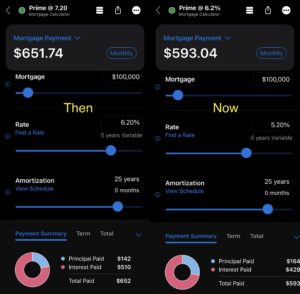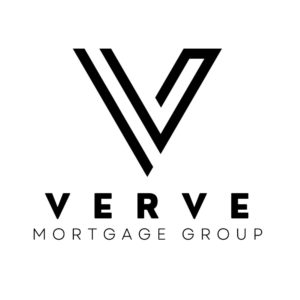As the days get longer and your flowers begin to bloom, there’s no better time to transform your house into your dream home. If you want to unlock your home’s full potential, here are six renovations that can boost both your lifestyle and property value.
Kitchen Transformation
Imagine having a kitchen that not only looks beautiful but also fits your lifestyle perfectly. A kitchen transformation can elevate your home, making it a space where you love to spend time. Whether it’s adding more storage, updating your appliances, or replacing your countertops, now is the perfect time to create the kitchen you’ve always dreamed of. In Canada, a mid-sized kitchen renovation typically ranges from $25,000 to $40,000. An investment that enhances your daily life, as well as your home’s appeal. You deserve a space that works for you.
Roof Replacement
Over time, weather and wear can take a toll on your roof, leading to leaks and potential damage. Replacing your roof this spring restores your home’s safety, boosts its curb appeal, and improves overall efficiency. With modern materials and improved insulation, a new roof offers long-term protection from the elements while reducing the likelihood of future issues. In Canada, the cost to replace the roof on a mid-sized home ranges from $10,000 to $20,000, an investment that offers renewed security and peace of mind for years to come.
Backyard Refresh
Why not turn your backyard into a personal oasis this spring? Whether you’re adding a new deck, fresh landscaping, or an outdoor kitchen, even small changes can make a big difference. Depending on the scope of the project, a new deck may cost between$5,400-$15,000, landscaping updates typically range from, $5,000 to $15,000 and an outdoor kitchen typically starts around $10,000. Whatever your budget, a thoughtful backyard makeover can create a welcoming space to relax and enjoy meaningful moments with family and friends throughout the season.
Siding and Paint Renewal
A siding or paint renewal can really bring new life to your home’s exterior. If your paint is fading or your siding is starting to look worn, it’s not just about looks, it can also leave your home more vulnerable to the elements. Updating with fresh paint or modern siding doesn’t just protect your home but also gives it a clean, refreshed look that you’ll love coming home to. On average, the cost of siding replacement for a mid-sized home ranges from $14,000 to $30,000, depending on materials chosen. Similarly, exterior painting typically costs between $3,000 to $9,000. It’s a simple change that makes a significant difference, especially with spring right around the corner.
New Doors and Windows
Sometimes, we don’t realize how old or worn-out doors and windows can affect the look and feel of our home. Updating them can instantly brighten up your space. A new front door, which typically costs around $3,900 for supply and installation, can instantly refresh your entryway. Replacing outdated windows, with an average cost of $15,000 to $35,000, can also improve natural light and energy efficiency. It’s amazing how these simple changes can make your home feel brighter, warmer, and more welcoming.
New Air Conditioner
You might have noticed that your air conditioning unit isn’t performing as well as it used to, and it may be time to start thinking about a replacement. A modern, efficient air conditioner not only keeps your home at the perfect temperature but also ensures you can enjoy hot days without worrying about your system struggling. On average, replacing an air conditioner in a mid-sized Canadian home costs between$3,500 to $8,500, depending on the type of system and installation requirements.
– Written by our DLC Marketing Team
*Please note that all the numbers listed above are estimates and have been sourced from numerous websites. These figures are approximate as they may vary depending on different factors including province, time, market conditions, as well as regulations or policies.

